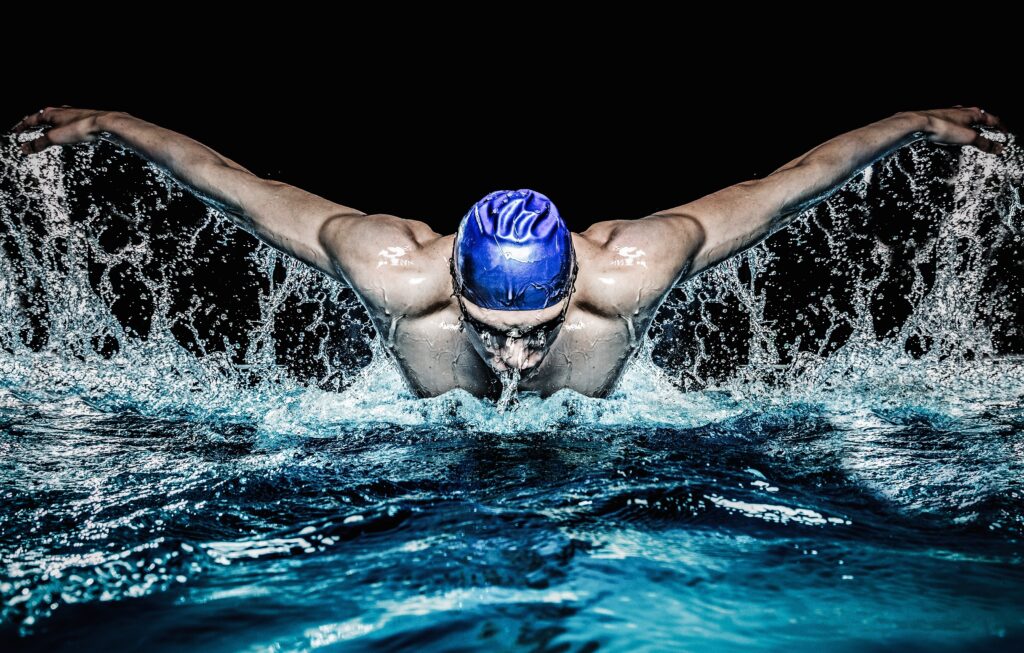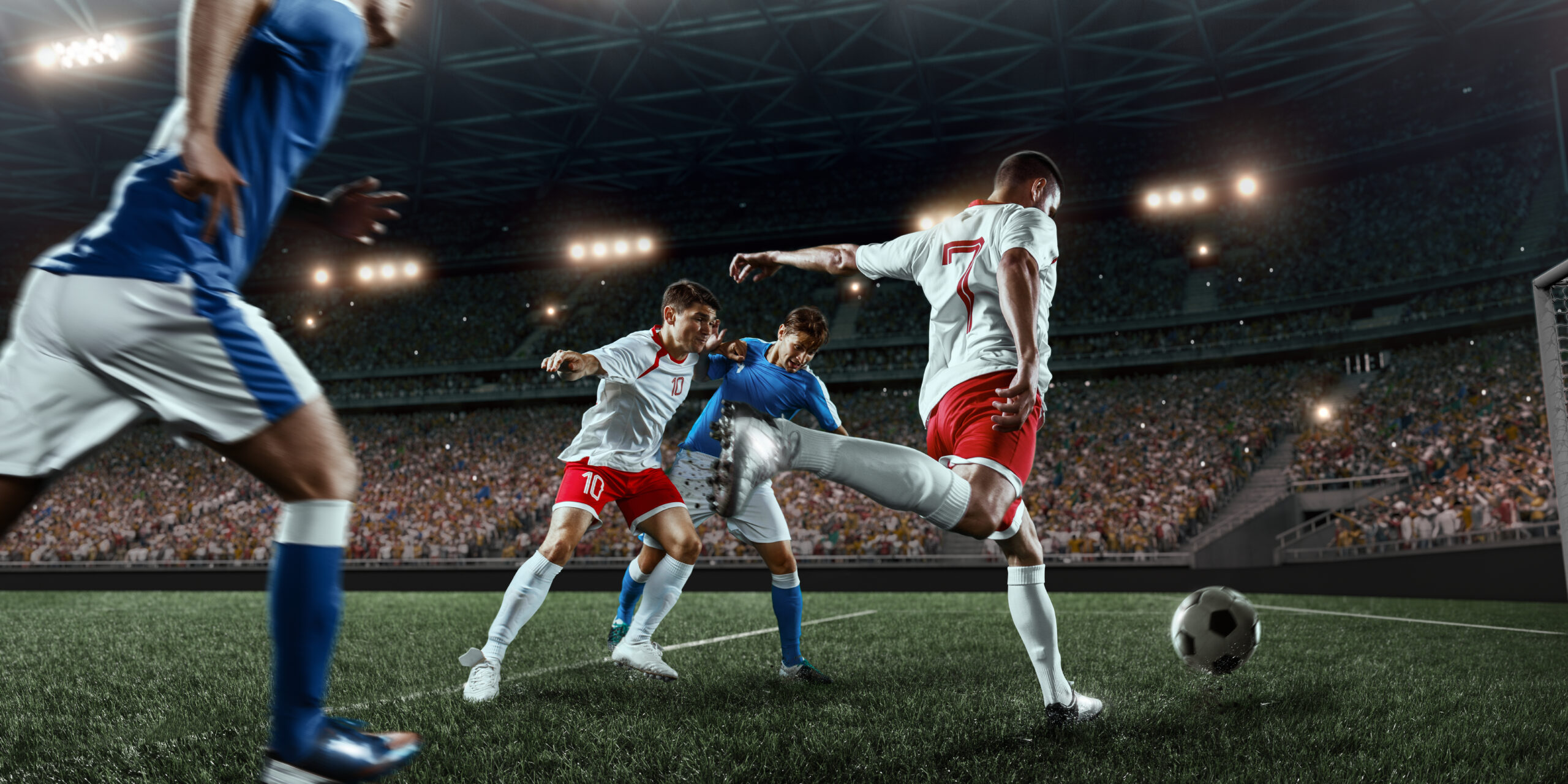As a competitive athlete, the unyielding struggle to maintain motivation for athletes and drive can be overwhelmingly daunting. It matters not whether you are a novice or a seasoned professional; there are moments when the task of retaining focus and motivation becomes an uphill battle. Nonetheless, the ability to remain motivated is imperative to reach one’s full potential and actualize their objectives.
The silver lining is that there are countless tried-and-true strategies athletes can leverage to stay motivated and consistently push themselves to reach new pinnacles of success. Throughout this discourse, we will explore some of the top-notch motivation for athletes techniques developed, tested, and backed by prominent experts in the spheres of self-improvement, sports coaching, and peak performance industries.
From setting efficacious goals, visualizing success, and gaining inspiration, to receiving support, cultivating positivity, and embracing failure, we will draw on the wisdom of thought leaders, including Tony Robbins and Dr. Jim Afremow, a distinguished sports psychologist. By incorporating these techniques into your daily routine, you can confidently remain motivated and driven as an athlete, irrespective of the obstacles and hardships you encounter along the way.

Motivation for Athletes : Set Goals
Setting goals may encourage and direct athletes. Goals help you focus and track your development. Goals vary. Consider these tips to achieve your goals:
- Establish hard but achievable goals. If your goals are too difficult, you may become demotivated. If your goals are too easy, you may not feel challenged or progress. Create a balance where your goals are ambitious yet achievable with hard work.
- Set short-term and long-term goals. Short-term objectives can keep you focused and motivated, while long-term goals can provide you with direction and purpose. Set process goals as well as end goals. Process objectives focus on how to reach an outcome, while outcome goals focus on the result. Setting both types of goals helps you stay motivated and reach your goals.
- Goals should be specific, quantifiable, achievable, meaningful, and time-bound. SMART goal-setting refers to this. Particular goals are explicit, well-defined, measurable, achievable, relevant, and time-bound. SMART goals will help you stay motivated throughout your sports career.
Setting specific goals might help you stay motivated and focused. Make short-term and long-term objectives tough but feasible, and utilize the SMART goal-setting framework to make them specific, measurable, achievable, relevant and time-bound.
Motivation for Athletes : Find Inspiration
Inspiration can also motivate athletes. Roles, values, and quotes can inspire. Inspiration tips:
- Role models: Look at successful athletes in your sport who have overcome significant hurdles. Social media, biographies, and interviews offer role models. Successful athletes can teach you how to stay motivated by analyzing their habits and attitudes.
- Quotes may inspire: Find quotes that reflect your goals. Put them on your fridge or bathroom mirror. Create a vision board with images and quotes that symbolize your objectives and aspirations.
- Personal values: Consider how your values relate to athletics. Consider how patience and hard work relate to your athletic ambitions. You can find more purpose and drive in training and competition by tying it to your values.
Role models, motivational slogans, and personal beliefs can help you stay focused on your athletic path. Get inspiration that fits your goals. With everyday inspiration, you may stay inspired and driven no matter what.

Motivation for Athletes : Get Support
Athletes need support to stay motivated. Support, inspiration, and accountability can help you reach your goals. Here are some helpful suggestions:
- Locate a mentor, such as a lecturer or a coach. A professor or a coach can help you achieve your goals by providing guidance, feedback, and motivation. Search for someone who has played the sport you are interested in and who shares your values, aspirations, and ideals.
- Engage in a sport or join a club. Taking part in a sport or joining a club can give you a sense of community and belonging. Also, it may provide an opportunity to practice and compete. Get to meet members of a group or organization that shares your ideals.
- Locate your family and friends. Encouragement and support are two things that friends and family may provide you to help you achieve your goals. Keep them up to date on your plans and progress, and solicit their feedback and ideas.
- Consider seeking counsel from a sports psychologist. A sports psychologist can help you maintain your drive and attention by providing mental training and guidance. Pick a psychologist who has past experience working with athletes in your sport, and consider including mental training as part of your overall game plan.
With the assistance of others, you may keep your drive and stay focused on your goals as an athlete.
Stay Positive
Being positive helps athletes stay motivated: Positive thinking helps you overcome obstacles and stay focused. Here are some tips:
- Don’t think about the past or future: Instead, concentrate on what you can do today to progress. Convert ambitious ambitions into tiny, attainable steps and celebrate minor achievements.
- Positive people will support and encourage you: Spend time with athletes who share your aims and ideals, and find coaches and mentors who can motivate and advise you.
- Self-affirmation: Encourage yourself with positive self-talk. Say “I can achieve my ambitions” instead of “I can’t.” Affirm and visualize pleasant thoughts and feelings.
- Find the silver lining: Despite obstacles, look for the good. Learn from bad situations and use them to succeed in the future.
Positive thinking keeps athletes motivated. Focus on the present, surround yourself with positivity, practice positive self-talk, and find the good in bad situations. Positive thinking and a growth mentality can help you attain your athletic potential.
Embrace Failure
Failure might be disheartening, but it’s part of learning and growing. Tips for accepting failure:
- Instead of seeing failure as a setback, embrace it as an opportunity to learn and improve. Analyze failure to be better in the future. Use this to improve your training and game.
- Learning from mistakes is essential. Analyze your mistakes and improve. Adjust your training and competitive plans and plan forward with this information.
- Remain motivated. Failure can demotivate you, but you must keep focused on your goals. Use the reason you started playing your sport to keep going. Enjoy little wins and understand setbacks are fleeting.
- Maintain a growth attitude. A growth mindset is a conviction that hard work may improve your skills. Use failure to learn and progress. Use failures as opportunities to improve as an athlete.
Athletes can stay motivated by accepting failure as part of the learning process. Failure is a chance to improve your training and competing plans.
Conclusion
Athletes must stay motivated, but it’s hard. This article shows how to stay motivated and focused. Establish clear, defined goals, find inspiration in others, be positive, embrace failure as a learning experience, and seek help. Be devoted and consistent—motivation is a process. You can realize your athletic potential with the appropriate mindset and strategy.
“The difference between a successful individual and others is not a lack of strength, nor a lack of education, but rather a lack of will,” remarked NFL coach Vince Lombardi. Focus, drive, and commit to your goals. You can succeed in sports and life with the appropriate mindset and approach.






